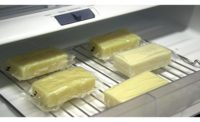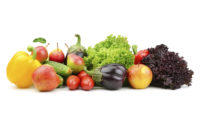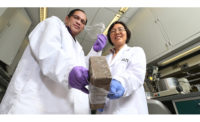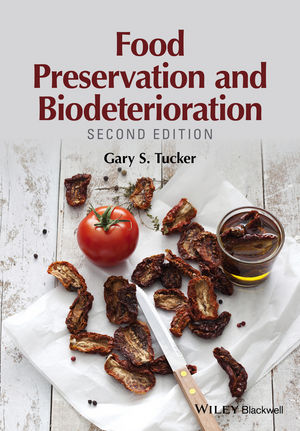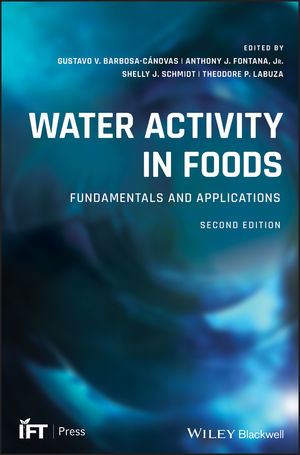OSU researchers develop water-resistant, antimicrobial edible wrap for food preservation
The film is similar in texture and appearance to plastic wrap, but it is edible and made of a combination of two naturally occurring substances.

Researchers at Oregon State University (OSU), Corvallis, Ore., developed a water-resistant and antimicrobial edible film that has the potential to extend the shelf life of foods with wet surfaces, such as meat, cheese and cut fruit and vegetables.
The film is similar in texture and appearance to plastic wrap, but it is edible and made of a combination of two naturally occurring substances—chitosan, a fiber derived from crustacean shells, and cellulose nanofiber, a tiny material originally extracted from wood pulp.
“We put two unique materials together to enhance the functionality of food packaging and solve very challenging problems facing the food industry,” says Yanyun Zhao, a professor of food science at OSU and leader of the study.
Cellulose nanofiber holds up when exposed to water, but doesn’t protect against bacteria that cause foodborne illness, or oxidation, which leads to deterioration of stored food products.
Chitosan, a key ingredient in crab shells and shrimp shells, acts as an antimicrobial and an antioxidant. In tests with fresh beef patties, Zhao and her team combined the strengths of both fibers. Wrapped around the patties, the film inhibited the growth of bacteria E. Coli and listeria, and it prevented the surface moisture transfer between the layered patties.
“We improved water resistance, antimicrobial functionality and mechanical properties, so the film has broad applications as stand-alone films for packaging food with high water content or as coatings for food with wet surfaces,” Zhao says.
The film could replace non-biodegradable waxed papers or other synthetic polymers that are currently used in meat packaging, Zhao adds.
Further study is needed to validate its application in other food products, and the researchers are in search of approval to obtain a “Generally Recognized as Safe” label from the Food and Drug Administration.
Looking for a reprint of this article?
From high-res PDFs to custom plaques, order your copy today!




